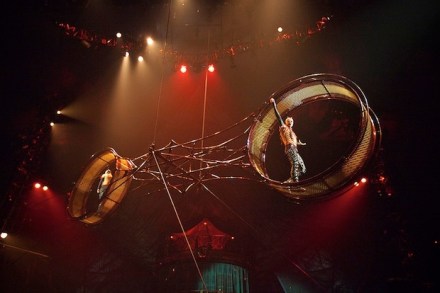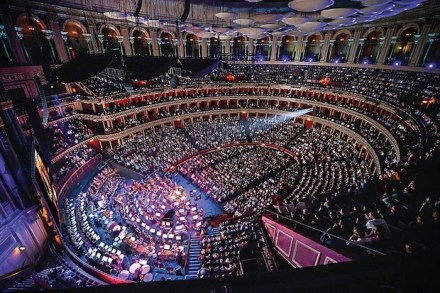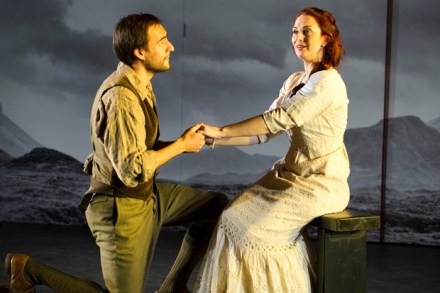What happened to virtuosity in dance?
I was watching the Cirque du Soleil’s Kooza at the Royal Albert Hall last week, thinking how much base, uncomplicated enjoyment can be had away from dance. Such relief to watch contortionists, trapezists, high-wire cyclists and crazed men skipping on the Wheel of Death, such relief just to be amazed. If they didn’t make my palms pour sweat with fear, my jaw drop with disbelief, I’d feel dreadfully let down. I wonder what happened to being amazed in dance. I was talking with a friend last week about the lack of amazement offered by the bulk of ballerinas in current productions of the 19th-century warhorses Don Quixote (Royal Ballet) and Swan




